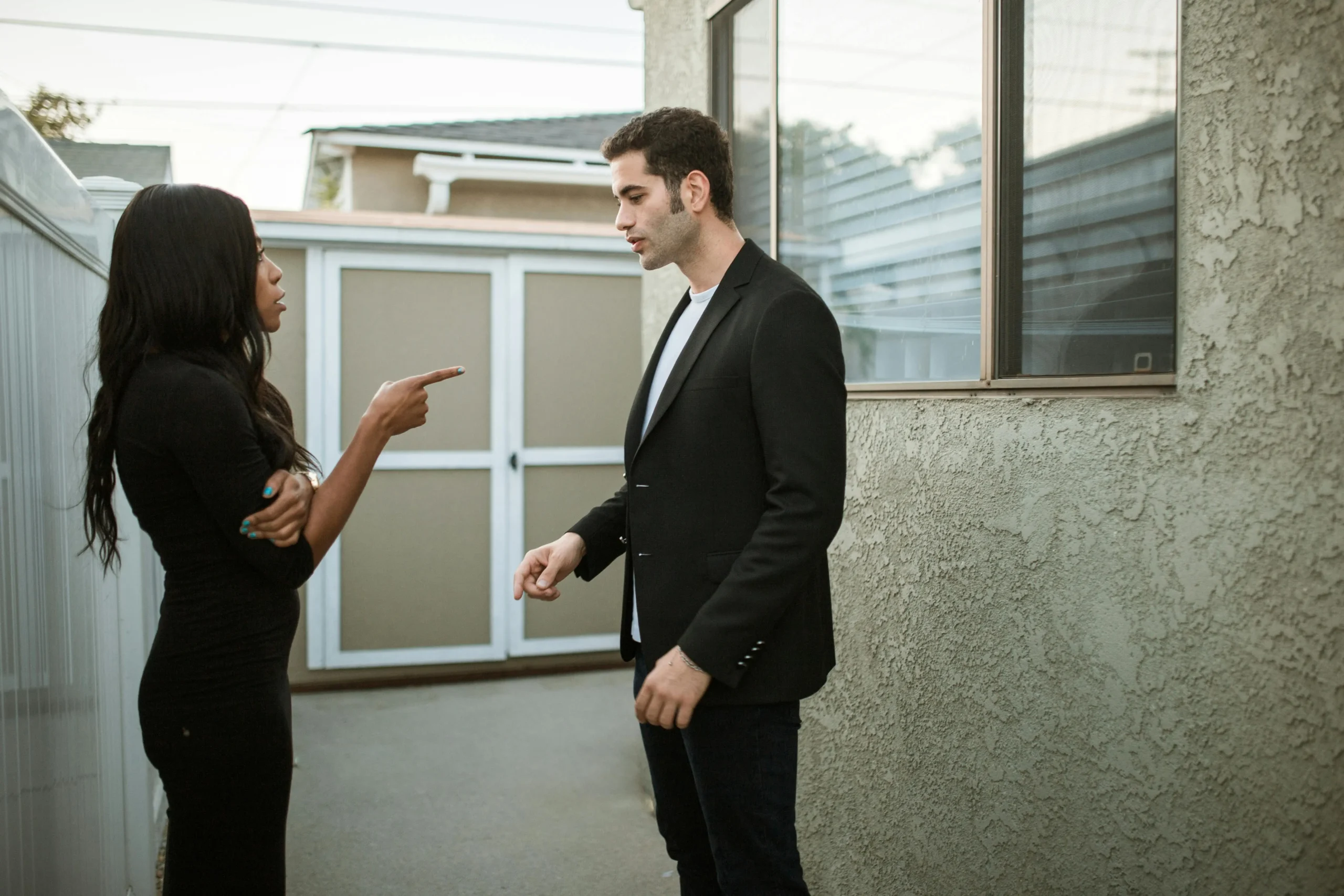We’ve all been there—sitting across from our partner, feeling the weight of unsaid words pressing down on our chest. Relationship problems are as old as relationships themselves, but the good news is that with the right approach, these issues can be addressed effectively. Let’s dive into How to Talk to Your Partner About Relationship Problems without turning it into a drama-filled episode.
Understanding the Importance of Communication in Relationships
Before we get into the nitty-gritty of discussing relationship problems, it’s essential to understand why communication is the bedrock of any strong partnership. Good communication fosters trust, reduces misunderstandings, and strengthens the bond between partners. Think of it as the oil that keeps the gears of your relationship running smoothly.
Setting the Stage: Timing and Environment Matter
When it comes to discussing sensitive issues, timing and environment are everything. Don’t choose a moment when your partner is stressed or distracted. Instead, find a calm, relaxed setting where you both feel comfortable. Maybe it’s a quiet evening at home or a walk in the park. The key is to ensure that you both have the mental space to engage in a meaningful conversation.
Start with a Positive Approach
Begin the conversation on a positive note. It’s easy to jump straight into what’s bothering you, but framing the discussion positively can make a huge difference. Start by expressing appreciation for your partner. For instance, “I really value our relationship and want us to be as happy as possible.” This sets a cooperative tone and shows that your goal is to improve the relationship, not to criticize or blame.
Use “I” Statements to Express Your Feelings
When discussing relationship problems, it’s crucial to focus on your own feelings rather than accusing your partner. This can be achieved by using “I” statements. For example, instead of saying, “You never listen to me,” try, “I feel unheard when I talk about my day.” This subtle shift reduces defensiveness and opens up a more constructive dialogue.
Be Honest But Kind
Honesty is the best policy, but it should be tempered with kindness. Being brutally honest can hurt your partner and create more problems than it solves. Aim for compassionate honesty. Share your feelings and concerns without attacking your partner’s character or intentions.
Listen Actively
Effective communication is a two-way street. While it’s important to express your feelings, it’s equally crucial to listen to your partner’s perspective. Active listening means truly hearing what your partner is saying without interrupting or planning your response while they’re speaking. Show empathy and validate their feelings, even if you don’t fully agree with their point of view.
Stay on Topic
It’s easy for discussions about relationship problems to spiral out of control, bringing up past issues or unrelated grievances. Try to stay focused on the specific issue at hand. If other problems arise, acknowledge them but suggest discussing them separately to avoid overwhelming each other.
Avoid the Blame Game
Pointing fingers and assigning blame is a surefire way to escalate a disagreement into a full-blown argument. Instead, focus on finding solutions together. Phrases like “We need to find a way to…” or “How can we work on this together?” promote teamwork and reinforce the idea that you’re both on the same side.
Recognize and Address Underlying Issues
Sometimes, the issue you’re discussing is just the tip of the iceberg. It’s essential to recognize and address any underlying issues that may be contributing to the problem. For instance, if constant arguments about household chores are a recurring theme, there might be deeper issues related to respect or division of labor that need to be tackled.
Read more about “What Are the Most Common Problems in a Relationship” on our blog page now!
Take a Break if Needed
If the conversation becomes too heated, it’s okay to take a break. Pausing the discussion allows both of you to cool down and collect your thoughts. Agree on a time to revisit the conversation, ensuring that it doesn’t get swept under the rug. A short break can provide the clarity needed to continue the discussion more calmly.
Seek Professional Help if Necessary
There’s no shame in seeking help from a professional if you find it challenging to navigate relationship problems on your own. Couples therapy can provide a neutral ground where both partners feel heard and supported. A therapist can offer valuable tools and strategies to improve communication and resolve conflicts.
Celebrate Progress and Small Wins
As you work through relationship problems, it’s important to acknowledge and celebrate progress. Small wins can boost morale and reinforce positive behavior. Whether it’s managing to discuss a difficult topic without arguing or finding a solution to a long-standing issue, celebrate these victories together.
Embrace the Journey
Every relationship has its ups and downs. Embracing the journey means recognizing that challenges are a part of growth. By tackling relationship problems head-on, you and your partner can emerge stronger and more connected. Remember, it’s not about never having problems; it’s about learning to navigate them together.
Practical Tips to Keep in Mind
Let’s sum up with some practical tips to keep in mind when talking about relationship problems:
- Be Prepared: Think about what you want to say before the conversation.
- Stay Calm: Keep your emotions in check to avoid escalating the issue.
- Be Specific: Focus on specific behaviors or incidents rather than generalizations.
- Use Neutral Language: Avoid loaded words or phrases that can trigger defensiveness.
- Focus on Solutions: Shift the focus from the problem to finding workable solutions.
- Follow-up: After the conversation, follow up to ensure that both of you are on the same page and making progress.
The Power of Patience and Persistence
Addressing relationship problems requires patience and persistence. It’s a process that takes time and effort from both partners. Be patient with yourself and your partner as you work through issues. Persistence is key—don’t give up at the first sign of difficulty. Keep the lines of communication open and continue to strive for a healthier, happier relationship.
Final Thoughts
Talking to your partner about relationship problems doesn’t have to be a daunting task. With the right approach, you can turn challenging conversations into opportunities for growth and deeper connection. Remember to communicate openly, listen actively, and approach the situation with empathy and kindness. By doing so, you’ll be well on your way to resolving issues and building a stronger, more resilient relationship. Every relationship is unique, and there’s no one-size-fits-all solution. However, the principles of good communication and mutual respect are universal. So, take a deep breath, open your heart, and start the conversation. Facing relationship problems? Transform your partnership into a thriving, loving bond with the expert guidance of Elysian Psychological Services. Schedule a consultation today and take the first step toward a healthier, happier relationship.


